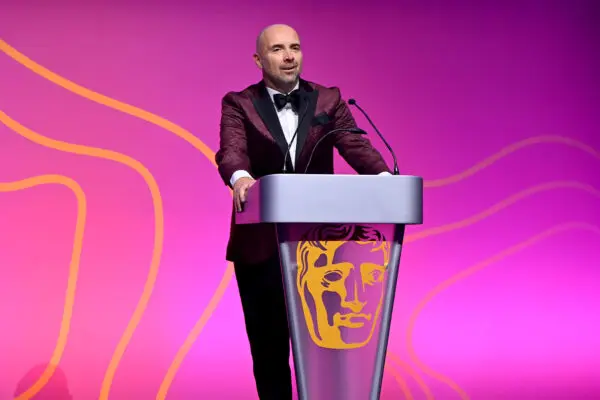The skills gaps created by the prodigious amounts of drama being made in the UK have sparked a new urgency for broadcasters and producers to bring on the next generation of talent. In drama and across genres, TV’s experienced hands have woken up to the increased need to share their expertise. Televisual’s Pippa Considine reports.
It’s easy to think that TV ticks along very nicely without too much training. After all, there’s lots of on-the-job experience for a talented and inspired crew. But everyone in TV knows that we need a more diverse workforce and it doesn’t take too much digging to find a glaring need for recruitment and training in specific roles, at every level. Production management, series producing and multi-cam directing are three that have been singled out, identified through TV’s jungle drums and, more formally, as part of the 2015 BBC English Regions Skills Review.
For high-end drama, it’s possible to plot skills shortages throughout the food chain. Chris Fry, executive producer at Kudos, says the indie has always been “absolutely committed to nurturing talent at all levels.” It provided a placement for Paul Gilbert, previously Head of Drama Development at Big Talk, to develop skills on the new series of Humans, as part of the High End TV drama co-producer scheme.
The High End TV Drama Skills Levy raises around £2m each year, fuelling lots of training initiatives, including the co producer scheme, which takes highly experienced TV professionals and gives them the skills needed to co-produce. Fry believes that “this scheme will ensure the next generation of training and inspiring producers out there to make the very best drama.”
Hartswood Films gave a co-producer placement on the upcoming series four of Sherlock to Martyn Smith, creator of UK format Dragons Den and fact ent exec producer and series producer. Hartswood’s Sue Vertue says it was “a joy having Martyn as part of our Sherlock family in his step up capacity and fascinating to discuss the similarities – and differences – between producing drama and factual ent shows.”
Closer to entry level in the TV business, there’s a shortage of production co-ordinators. The gap is, in part, down to TV industry newcomers eschewing what is often perceived as the dry, spread-sheet driven area of production for the more alluring editorial side of the business.
Creative Skillset, ITV Studios and the BBC Academy are training up around 60 production co-ordinators in London and the regions. Following a two-week boot camp, trainees are given placements and a year of mentoring. “It’s a comprehensive training programme aimed at people on the first rungs of the career to be a production manager,” explains Gurdip Bhangoo, head of future skills and events for BBC Academy. Places for the London pilot were doubled after a huge response and there will be four regional programmes rolled out in 2017. And it’s all about working hand in glove with TV producers. “The idea is to have the cohort of 60 fed into the industry,” says Bhangoo.
Although the freelance nature of TV makes it harder to structure individual training, there’s a philosophy at many indies that any in-house, on-the-job training will strengthen the pool of freelancers to everyone’s advantage. At Icon Films in Bristol, which produces international wildlife documentary River Monsters for Animal Planet, they bring in three or four production co-ordinators for a big production, allowing junior members of the team to gain valuable experience. “We live in a freelance world so it makes sense, ultimately we are strengthening the pool of talent in this city,” says Andie Clare, Icon’s director of production.
In Leeds and Salford, indie True North has been taking advantage of another big training initiative, Creative Skillset’s series producer programme, which gives bespoke training for each individual and includes a placement with a commissioner. True North put forward producers for the first phase of the programme earlier this year. “It’s invaluable in helping to bring forward a new generation of programme makers. It makes them better all-round operators. Very few people are omnicompetent, but the course helps everyone involved reach the next level,” says True North founder Andrew Sheldon. “One of the key things out of London is that we need to invest in our talent – pulling someone good out of the freelance pool isn’t always possible. Our people have benefitted enormously and that means going forward, the industry in the North will too.”
The programme’s first 19 participants have already clocked series producer credits for shows including 24 Hours in A&E and 50 Ways to Kill Your Mammy. “It was just what I needed to springboard me back to work after my second baby,” says Charlotte Smith, now a series producer.
This year has also seen Directors UK lead on an initiative to train new multi-cam directors. Two weeks of intensive training was given by some of the industry’s most respected, including event and music TV director Tony Gregory, Directors UK vice chair Steve Smith and award-winning comedy producer and director Geoff Posner. “Multi-camera directing is difficult to break into as the perceived risks of allowing a new director to take control of a large expensive studio, working to a budget and schedule are so great,” explains Smith. “Our six trainees were put in a position where they were work ready and waiting for an opportunity to direct their first shows.”







